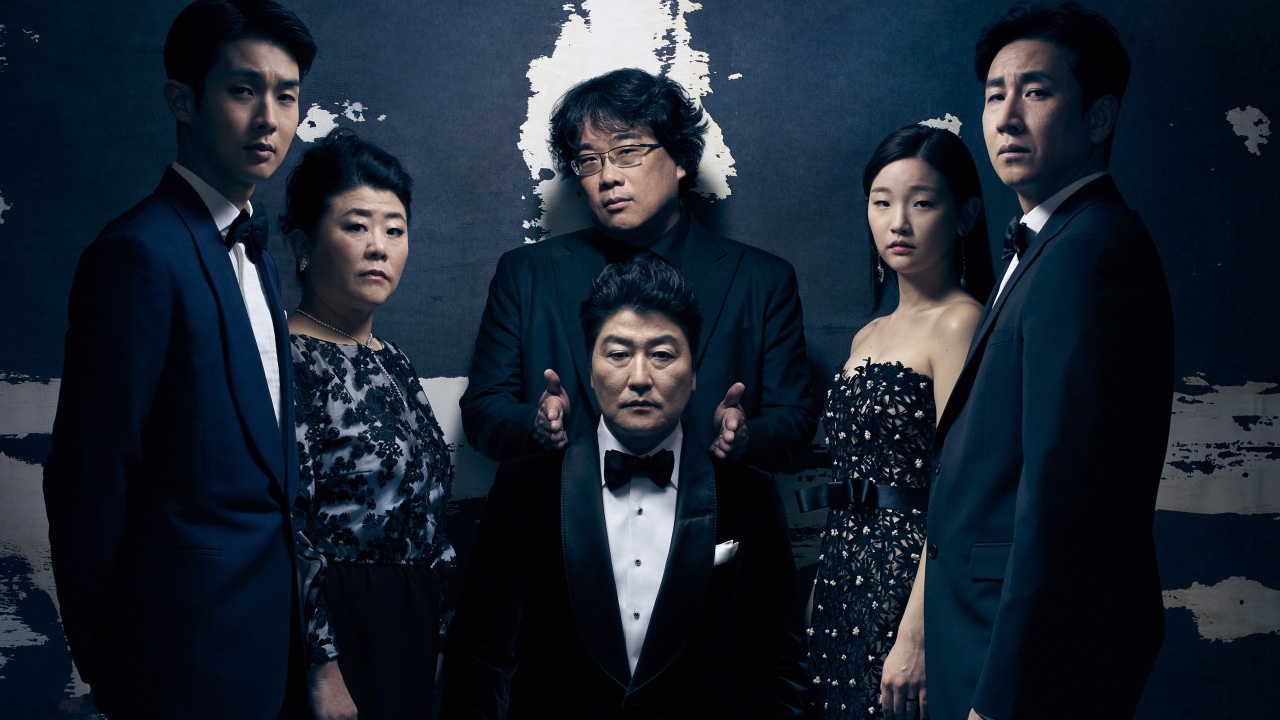The 92nd Academy Awards were recently held in the famed Dolby Theatre in Los Angeles, and all eyes were on one film in particular.
Parasite, a Korean dark-comedy thriller directed by Bong Joon-ho, is not your typical choice as an Academy favourite. The themes of the film are dark, and touch on issues in society such as class, social inequality and capitalism that voting members on the board are probably all too familiar with.
However, the film did incredibly well; winning four of the six awards it was nominated for, including the famed Best Director and Best Picture. It even made history for being the first non-English language film to win Best Picture.
Joon-ho was not the only nominee to make history that night. Taika Waititi also took home an award for Best Adapted Screenplay for his film Jojo Rabbit, being the first indigenous man to win an Academy Award.
The reception to Parasite’s wins was ecstatic in Joon-ho’s home country of South Korea; Parasite is the first Korean language film to receive Academy recognition. The film was also celebrated across the world, with many seeing it as a step in the right direction for an industry that is overwhelmingly Westernised.
Just a few years ago, activist April Reign started the hashtag #OscarsSoWhite, in retaliation to the lack of representation of people of colour in Academy Award nominees. This resulted in the Academy’s attempts to diversify its panel, re-electing its first black president Cheryl Boone Isaacs in the same year.
This has had some positive effects in the years since. Moonlight, a critically acclaimed film centering on a black man and his struggles with his identity and sexuality, won Best Picture in 2016. The Academy also rewarded Mahershala Ali with Best Supporting Actor, making him the first Muslim to win an acting Oscar.
Ali carried on his success, starring in the 2018 Best Picture winner Green Book, where he again received the Best Supporting Actor award for his role as musician Don Shirley. However, the film did not come without controversy; the Shirley family claim that they were left out of the filmmaking process and believe that the bond between Don and Tony Vallelonga (portrayed by Viggo Mortensen) was misrepresented. Many critics of the film agreed that it played into the white-saviour trope, but ultimately took home the award over other films such as Blackkklansman.
Thus perhaps, the Oscars are not as progressive in recent times as it may first appear.
It is not only people of colour that feel misrepresented by the Academy. Women have been severely underappreciated by Hollywood for years, especially those behind the camera. In the entire history of the Academy Awards, only one female director has won Best Picture (Kathryn Bigelow for The Hurt Locker in 2008). This trend has continued into recent years, with only Greta Gerwig being the only female director nominated for Best Picture this year.
Of course, there is a cross-section between race and gender. Historically, white women have always been nominated more than women of colour. This year saw an all-white Best Supporting Actress list, with Cynthia Erivo being the only non-white woman to be nominated for an acting role. Many noticed this lack of WOC representation when the nominations were announced, citing Awkwafina (The Farewell), Lupita Nyongo (Us), and Jennifer Lopez (Hustlers) as worthy contenders for the acting categories.
Parasite, despite doing well in other categories, also wasn’t nominated for any acting roles. Furthermore, many critics of the film argued that the subtitled nature of Parasite was difficult to comprehend, with one anonymous Oscar voter claiming that she didn’t vote for the film as she believed international films don’t deserve to compete with “regular films.”
Even though this voter was in the minority, it is that kind of backwards thinking that prevents the Oscars from truly progressing. Despite 39% of the Academy’s new voters not being from the United States, there is still work that needs to be done. A more diverse, and therefore representative, panel means that more voices are heard; it also gives the chance for brilliant films like Parasite to get the attention they deserve.
And maybe one day, Best Picture wins from films like Parasite will become the norm, not an anomaly.
Chloe-Nicole Arnold
Image credit: Deadline

